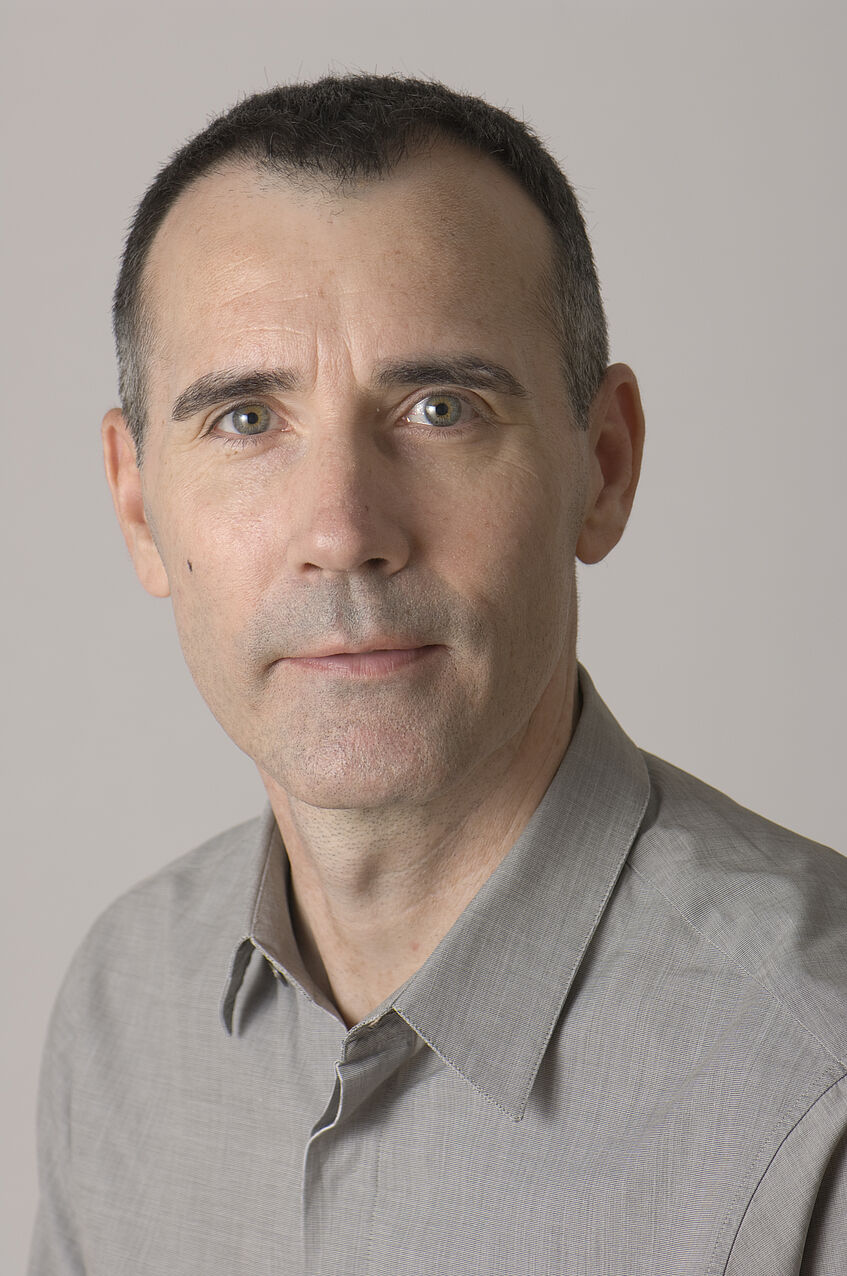9. Gerald Stourzh-Vorlesung zur Geschichte der Menschenrechte und der Demokratie
Richard Bourke
Inventing Democracy
10. Mai 2017

Richard Bourke ist Professor für die Geschichte des politischen Denkens an der School of History, Queen Mary University of London, sowie Kodirektor des Centre for the Study of the History of Political Thought. In seinen Forschungen beschäftigt er sich mit der Geschichte des politischen Denkens. Ein Schwerpunkt liegt in der Aufklärung, aber auch die Antike und politische Ideen des 19. und 20. Jahrhunderts gehören zu seinen Interessensgebieten. Ein weiteres Themenfeld seiner Publikationen bildet die neuere Geschichte Irlands. Derzeit arbeitet Richard Bourke an Büchern über die Geschichtsphilosophie seit Kant sowie die Geschichte der Demokratie.
Wichtigste Veröffentlichungen: Empire and Revolution. The Political Life of Edmund Burke (Princeton University Press, 2015); Hg. mit Quentin Skinner, Popular Sovereignty in Historical Context (Cambridge University Press, 2016); Hg. mit Raymond Geuss, Political Judgement. Essays for John Dunn (Cambridge University Press, 2009); Peace in Ireland: The War of Ideas (Random House, 2003, 22012); Hg. mit Ian McBride, The Princeton History of Modern Ireland (Princeton University Press, 2016).
Homepage von Richard Bourke seit 2018 an der University of Cambridge
Abstract
Since democracy is a creation of human culture, it must in some sense have been “invented”. This does not mean that the process of invention was deliberate. Instead it was a fortuitous product of human struggle. However, unlike many other political values and practices, democracy was not invented just once, but twice. This lecture is concerned with the relationship between these two moments, between the original formation of ancient democracy and its subsequent renaissance in modern history. Both events are shrouded in obscurity. First of all there is no record marking its first establishment in Athens. As a result, historians disagree about when it came into being. Then, secondly, the circumstances of its rebirth in the Enlightenment are no less complex, spawning controversy about when modern democracy began. One fundamental reason for the uncertainty is that the relationship between the ancient regime form and its modern re-incarnation has rarely been systematically explored. My argument is that a clearer understanding of what modern democracy took from its ancient predecessor can clarify how the modern version was brought into existence, and how it came in due course to be transformed.
Audio
Einleitung durch Birgitta Bader-Zaar
Vortrag von Richard Bourke (auf Englisch)
Diskussion
